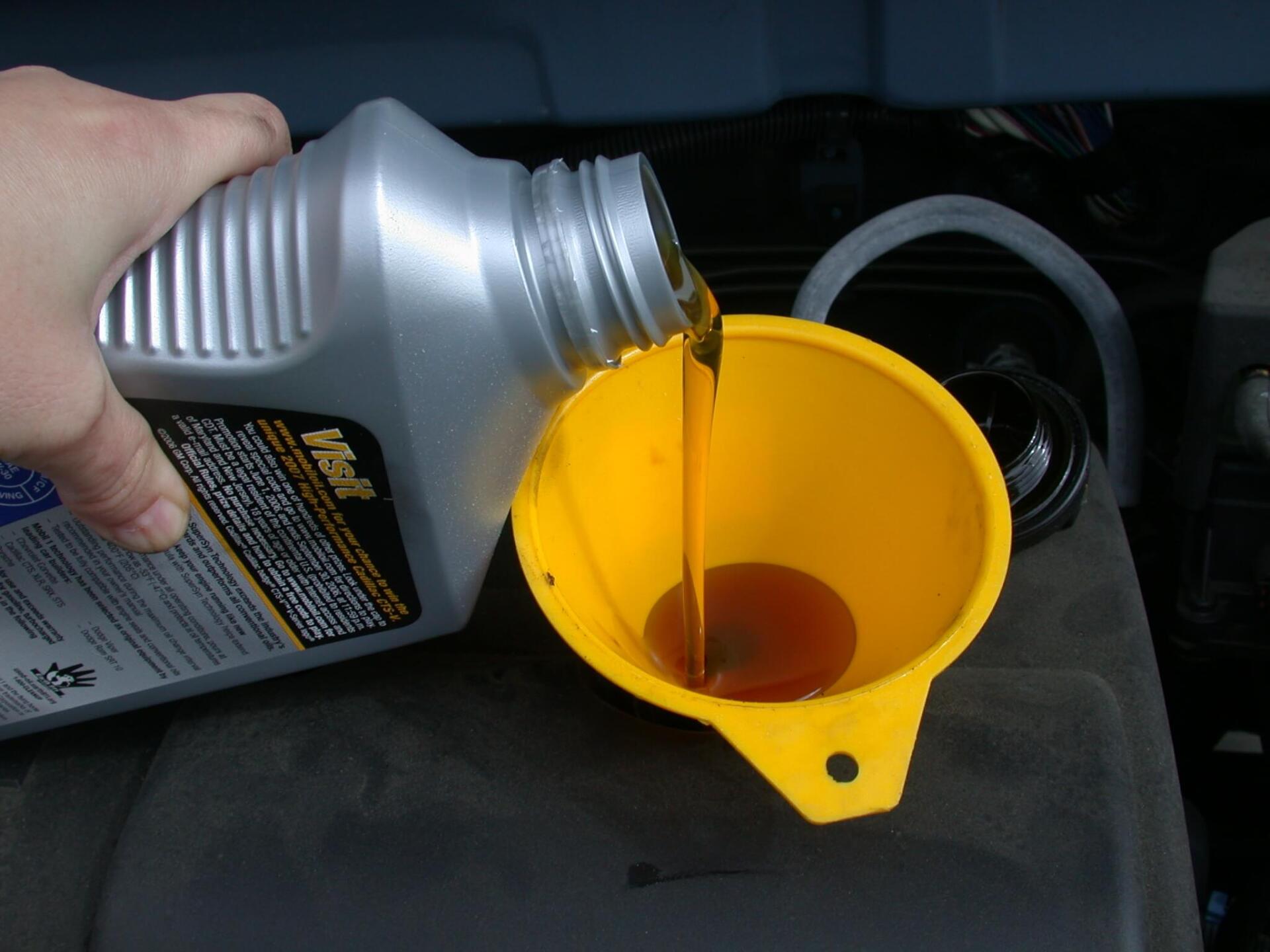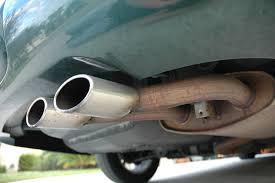Why Diesel Servicing Requires Specialised Care
Preventing Common Issues & Ensuring Longevity
Diesel engines are a powerhouse of performance, often chosen for their reliability, efficiency, and torque, particularly in heavy-duty vehicles and machinery. However, their unique design and operational demands require specialised care to ensure they continue running smoothly and efficiently. Unlike petrol engines, diesel engines have different components and systems that require regular, specific maintenance to avoid potential breakdowns and costly repairs. This blog will explore the unique needs of diesel engines, why they need specialised servicing, and how regular maintenance can prevent common issues like fuel injector failure and clogged filters.
Understanding the Diesel Engine
Before we delve into why diesel engines need specialised servicing, we must understand what makes them different from petrol engines. Diesel engines are designed to burn fuel through compression rather than using a spark plug to ignite the fuel. This compression produces a higher energy level, making diesel engines more efficient, especially for long-distance driving and heavy-duty applications such as trucks, buses, and construction machinery. However, this efficiency comes with a few unique maintenance requirements that set diesel engines apart from their petrol counterparts.
Fuel Injection System & Injector Failure
One key component in any diesel engine is its fuel injection system. Diesel engines use high-pressure injectors to spray fuel directly into the combustion chamber. This allows for better fuel atomisation, leading to improved fuel efficiency and engine power. However, this system is sensitive to contaminants and wear over time.
Fuel injectors are critical to the performance of a diesel engine, and when they fail, the entire engine can be affected. Injector failure often results in poor fuel economy, reduced engine performance, and potentially costly repairs. Contaminants in the fuel, such as water, dirt, and rust, can damage the injectors, causing them to malfunction.
Regular servicing can identify any issues early, such as a drop in fuel pressure or irregular spray patterns, which may indicate clogged or failing injectors. Specialised diesel servicing ensures that the fuel injection system is clean and operating at optimal pressure, helping to prevent fuel injector failure.
The Role of Diesel Fuel and the Impact of Contaminants
Another reason diesel engines require specialised servicing is the fuel itself. Diesel fuel is more prone to contamination than petrol, and impurities such as water, dirt, or even algae can find their way into the fuel tank, leading to problems in the engine. These contaminants can clog fuel filters, damage injectors, and cause the engine to run less efficiently. In some cases, contamination can even cause engine failure.
Regular maintenance of the fuel system is essential to prevent these issues. Diesel fuel filters should be replaced regularly to remove contaminants before they can cause damage. A skilled technician can also check for signs of contamination in the fuel system and flush the system if necessary. Specialised servicing allows for a more thorough inspection and maintenance process to ensure that your diesel engine runs smoothly for longer.
Clogged Filters & the Importance of Regular Maintenance
Clogged filters are a common issue for diesel engines, restricting fuel flow and reducing engine performance. Diesel engines rely on multiple filters to protect the engine from debris and contaminants. These include fuel filters, air filters, and oil filters. Over time, these filters can become clogged with dirt, debris, and soot, reducing fuel efficiency and increasing the risk of engine damage.
The fuel filter, in particular, plays a vital role in maintaining the health of the diesel engine. When the fuel filter becomes clogged, it can restrict fuel flow to the engine, causing poor engine performance and even engine misfires. Air filters are equally important, preventing dirt and debris from entering the engine’s intake system. A clogged air filter can lead to decreased air intake, reducing engine power and fuel consumption.
Regular servicing ensures that all filters are replaced or cleaned as needed, preventing clogging and ensuring the engine receives the optimal amount of fuel and air. This is particularly important for diesel engines, which are often used in heavy-duty applications where performance and reliability are crucial.
Preventing Excessive Soot Build-Up
Diesel engines naturally produce soot, but excessive build-up can cause serious issues. Here's how regular servicing helps manage soot and protect the engine:
- Soot Accumulation: Over time, soot can accumulate in the engine’s cylinders, turbocharger, and exhaust system.
- Reduced Performance: Excessive soot reduces engine efficiency, increases fuel consumption, and can cause power loss.
- Clogged Diesel Particulate Filter (DPF): Soot build-up can clog the DPF, leading to engine performance issues or a complete shutdown.
- Regular Servicing: Regular maintenance cleans the DPF and minimises soot build-up, ensuring smooth engine operation.
- Exhaust System Checks: Servicing identifies and resolves any exhaust system issues before they cause significant damage.
This proactive approach keeps your diesel engine performing optimally and extends its lifespan.
The Importance of Oil & Coolant Maintenance
Like any engine, diesel engines rely on proper lubrication and cooling to function efficiently. Diesel engines tend to generate more heat than petrol engines, which makes regular oil and coolant changes critical. The oil in a diesel engine lubricates the moving parts, reducing friction and preventing wear. The coolant, meanwhile, helps to regulate the engine’s temperature, preventing overheating.
Neglecting oil and coolant maintenance can lead to excessive engine wear, overheating, and potentially catastrophic engine failure. Specialised diesel servicing ensures that the right type of oil is used for your engine and that oil and coolant levels are checked and topped up regularly. This proactive maintenance helps to prevent costly repairs and ensures that your diesel engine runs at its best.
The Need for Specialised Diesel Servicing
Diesel engines offer numerous benefits, from greater fuel efficiency to enhanced power, but they also come with unique maintenance needs that require specialised care. Regular servicing helps prevent common issues like fuel injector failure, clogged filters, excessive soot build-up, and overheating, ensuring that the engine runs smoothly and efficiently.
By choosing a mechanic with experience in diesel servicing, you ensure that your engine receives the attention it needs to maintain peak performance. Regular servicing also helps extend the lifespan of your diesel engine, saving you money on costly repairs and downtime. Whether you rely on your diesel engine for work or personal use, maintaining it with specialised care is key to keeping it in top condition. Reach out to BJM Mechanical to book.











